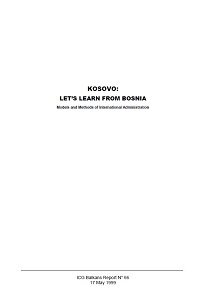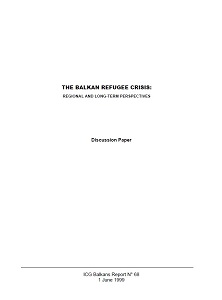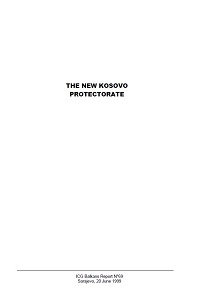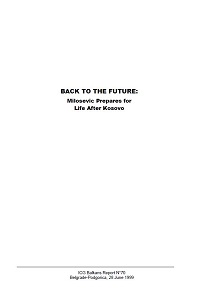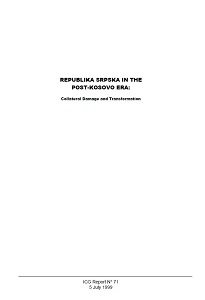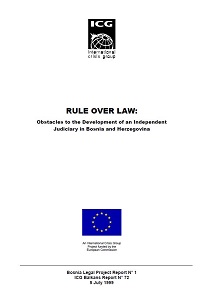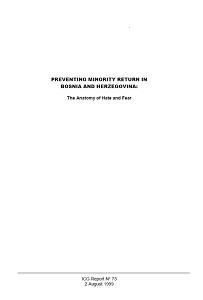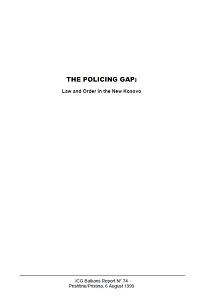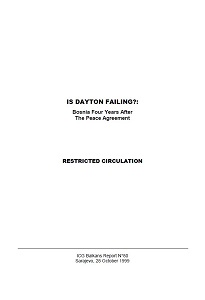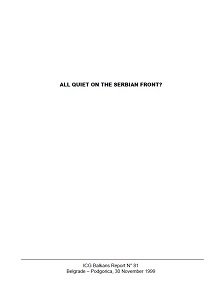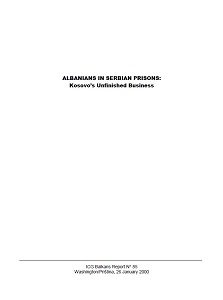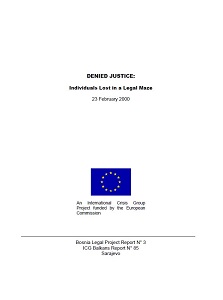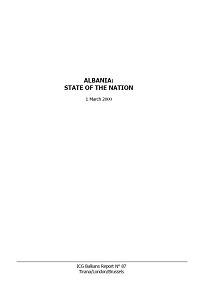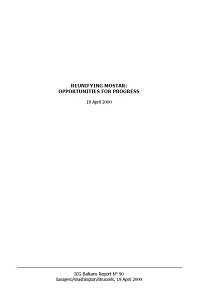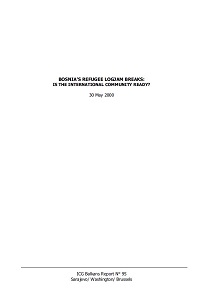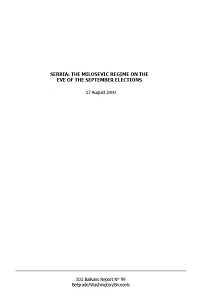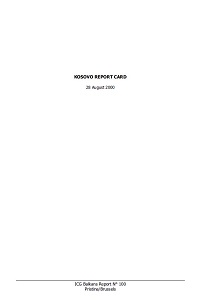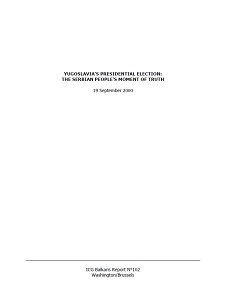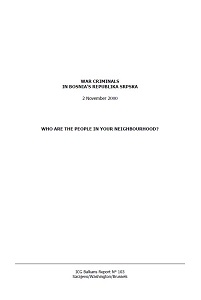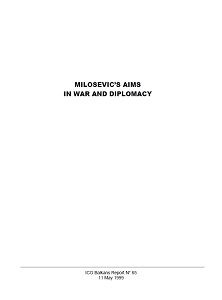
MILOŠEVIĆ’S AIMS IN WAR AND DIPLOMACY (ICG Balkans Report N° 65)
This report, prepared by ICG’s Belgrade-based analyst, looks back on an extraordinary two months of war and diplomacy in the Balkans. It argues that Milosevic, while not actively willing NATO bombing, was prepared for that eventuality3 and examines how he has used it to his advantage. The start of NATO’s air campaign on 24 March 1999 provided Milosevic with the cover to unleash his own ground war within Kosovo. Within hours of the first NATO missiles being fired, Yugoslav forces, including paramilitaries, embarked on the most vicious and extensive campaign of ethnic cleansing seen in Europe since World War II. An estimated 88 percent of the Kosovo population have been driven from their homes, the bulk forced to seek refuge outside of Yugoslavia. For the first three weeks of NATO air strikes, Milosevic sought to shore up his position at home, assuming sweeping war-time powers, refusing to countenance any concessions to NATO’s demands and riding a wave of nationalist resentment directed against the West. During this phase of the conflict, Milosevic strove to emphasise that the Serbs was not alone in the world, holding out the prospect of Serbia’s allies, in particular Russia, intervening militarily to protect the country from attack. Much play was made of remarks by Russian President Boris Yeltsin and members of the Russian legislature that NATO’s action risked triggering a new world war.
More...
